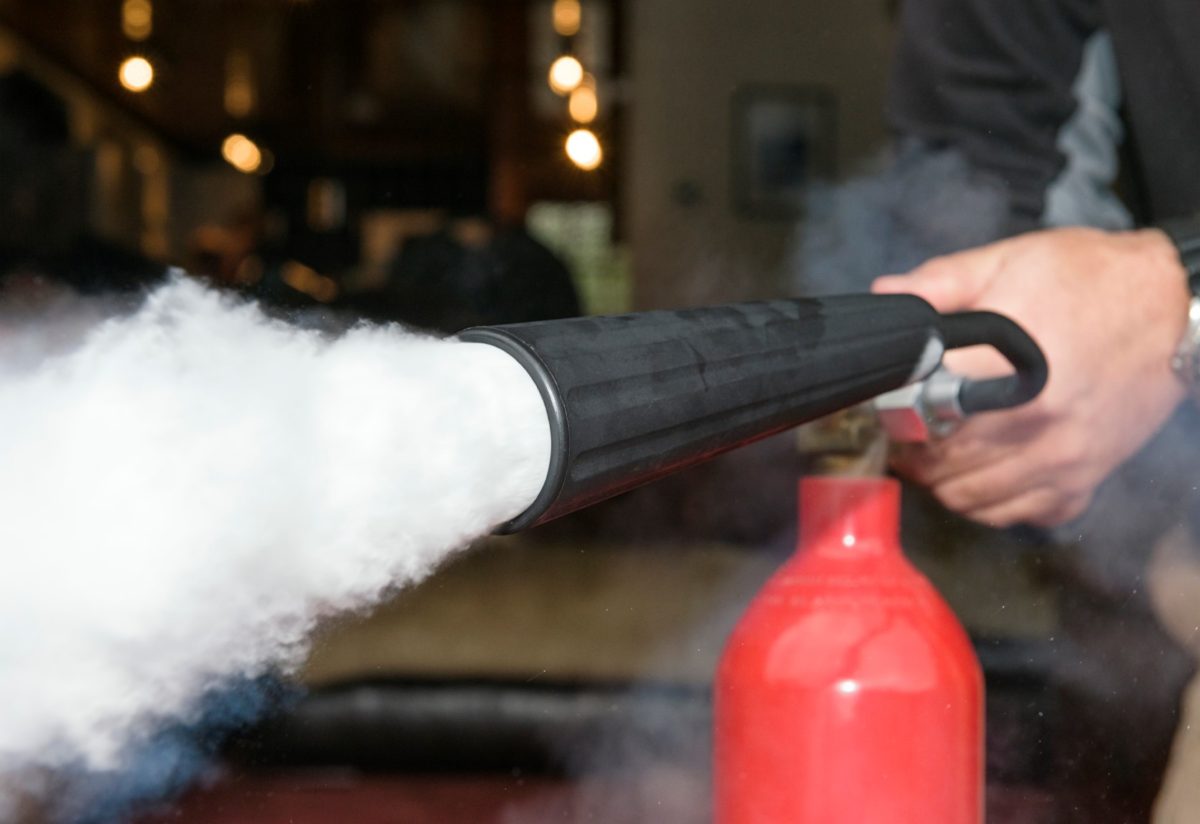A fire protection system is a crucial part of any fire protection infrastructure protecting any building. The Global Fire Suppression Systems Market Report discusses the growth of the fire suppression market and answers questions such as: how much is the fire suppression system market growing? Why is it growing? What...
How to Properly Prepare for a Fire Disaster Fire safety is important in the workplace– just like it is anywhere else. A well-developed and thought-out course of action can keep you and your peers safe. Here are a few statistics from 2017-2019 gathered by the U.S. Fire Administration on nonresidential...
Commercial building owners in Florida are no strangers to hurricanes. Why? More than 41% of hurricanes that hit the United States make some kind of landfall in the sunshine state. Due to the frequency and severity of these storms, building owners must take preventative measures such as facility maintenance to...
Did you know that the fire department responds to a fire somewhere in the nation every 24 seconds? The numbers of fires and fire deaths have decreased since the 1970s, largely due to advancements in fire technology and quickened response time. With this being said, it’s important that your fire...
Since 1922, the National Fire Protection Association has sponsored the public observance of Fire Prevention Week. Throughout the past century, fire prevention week consisted of children and adults learning how to stay safe in case of a fire. Additionally, firefighters provide lifesaving public education in an effort to drastically decrease...


